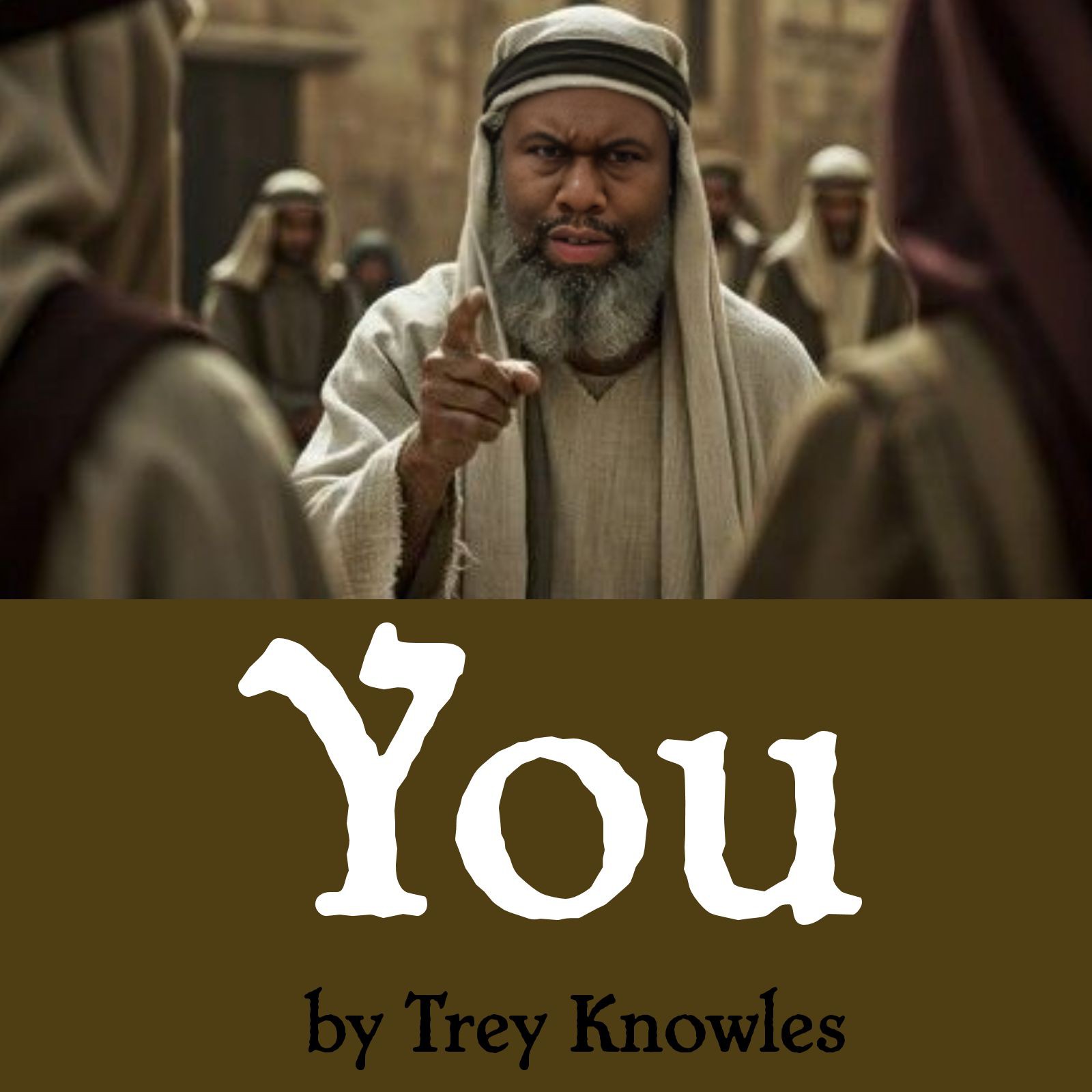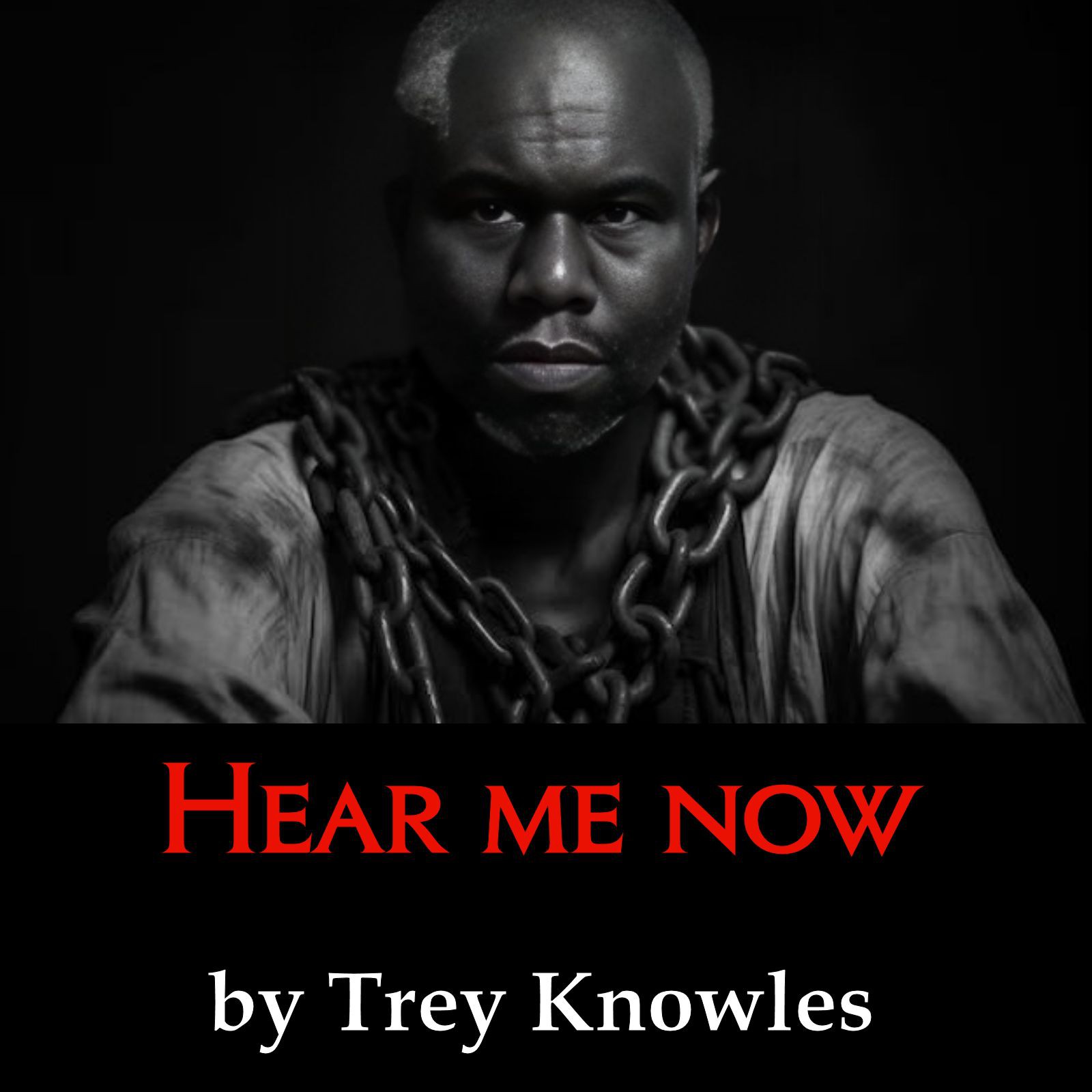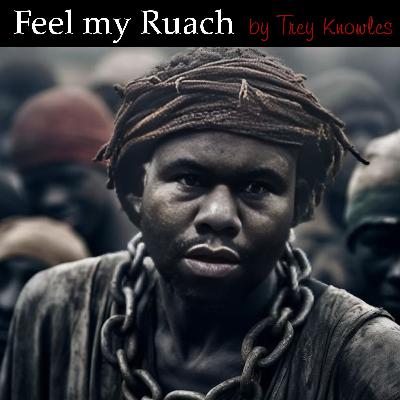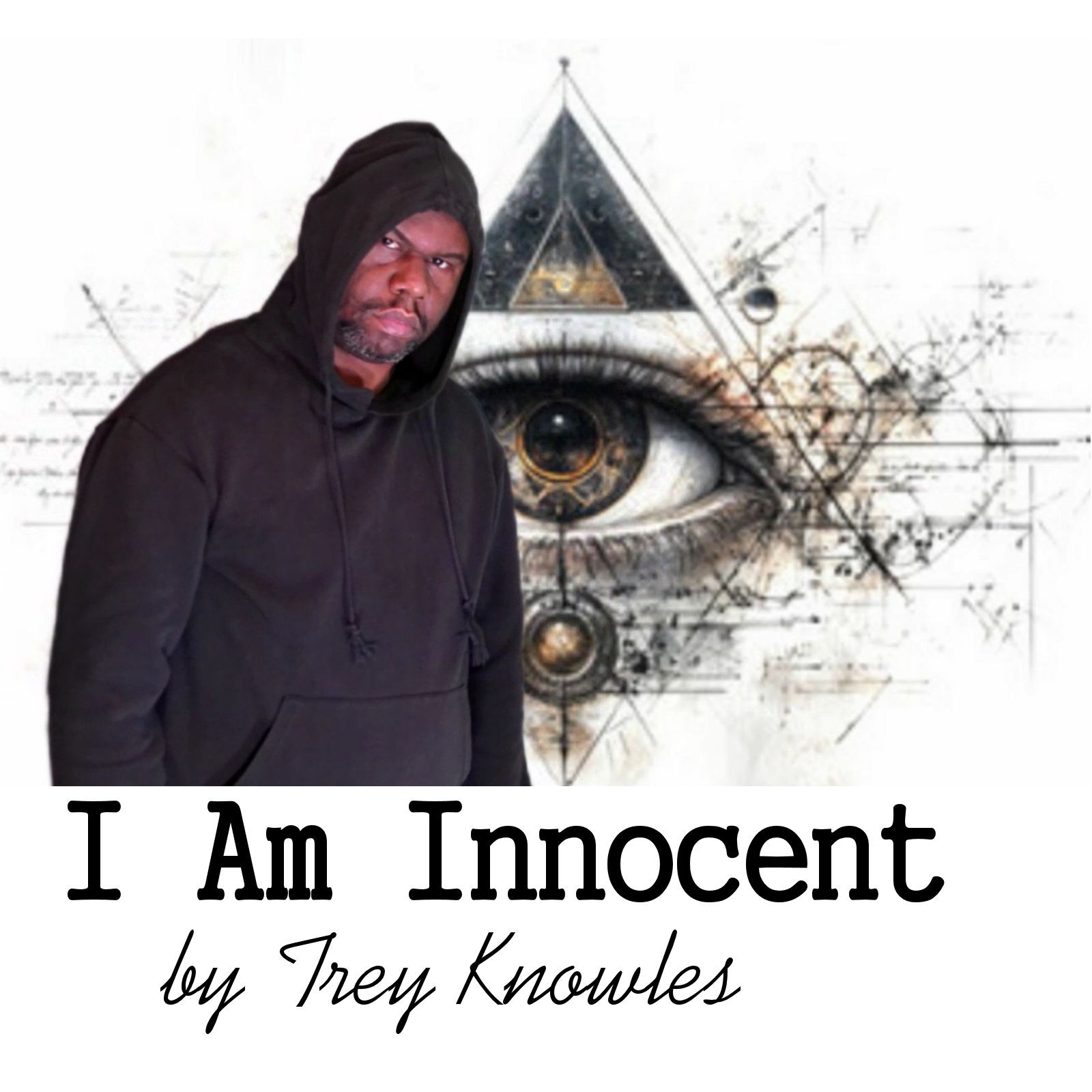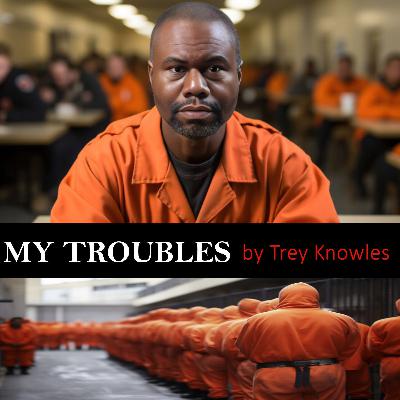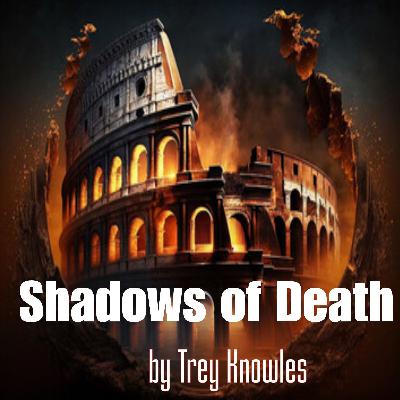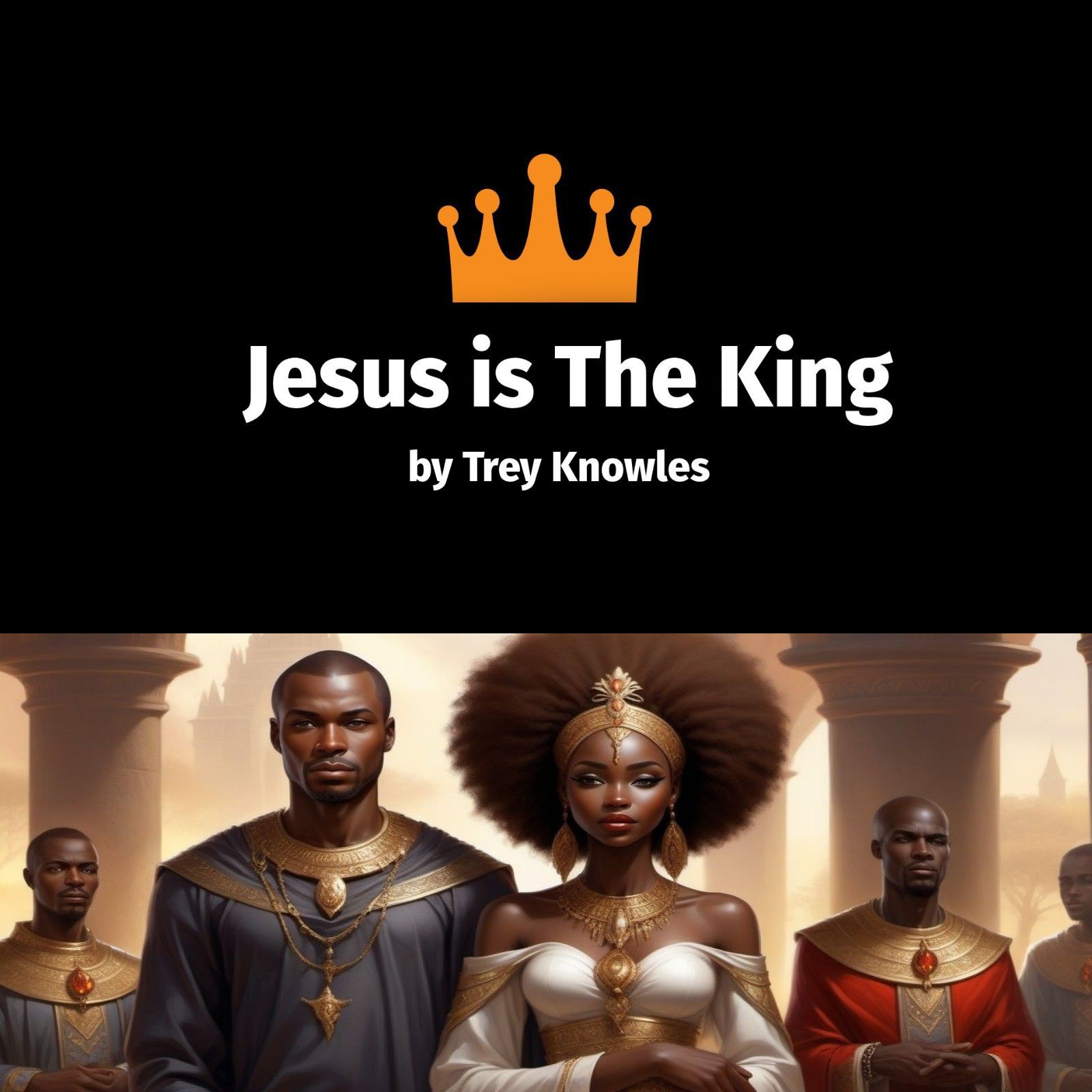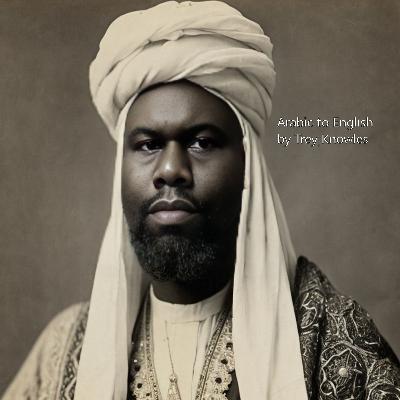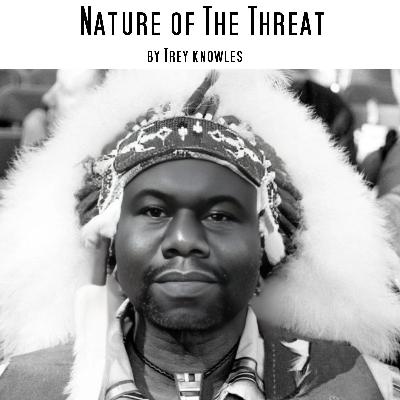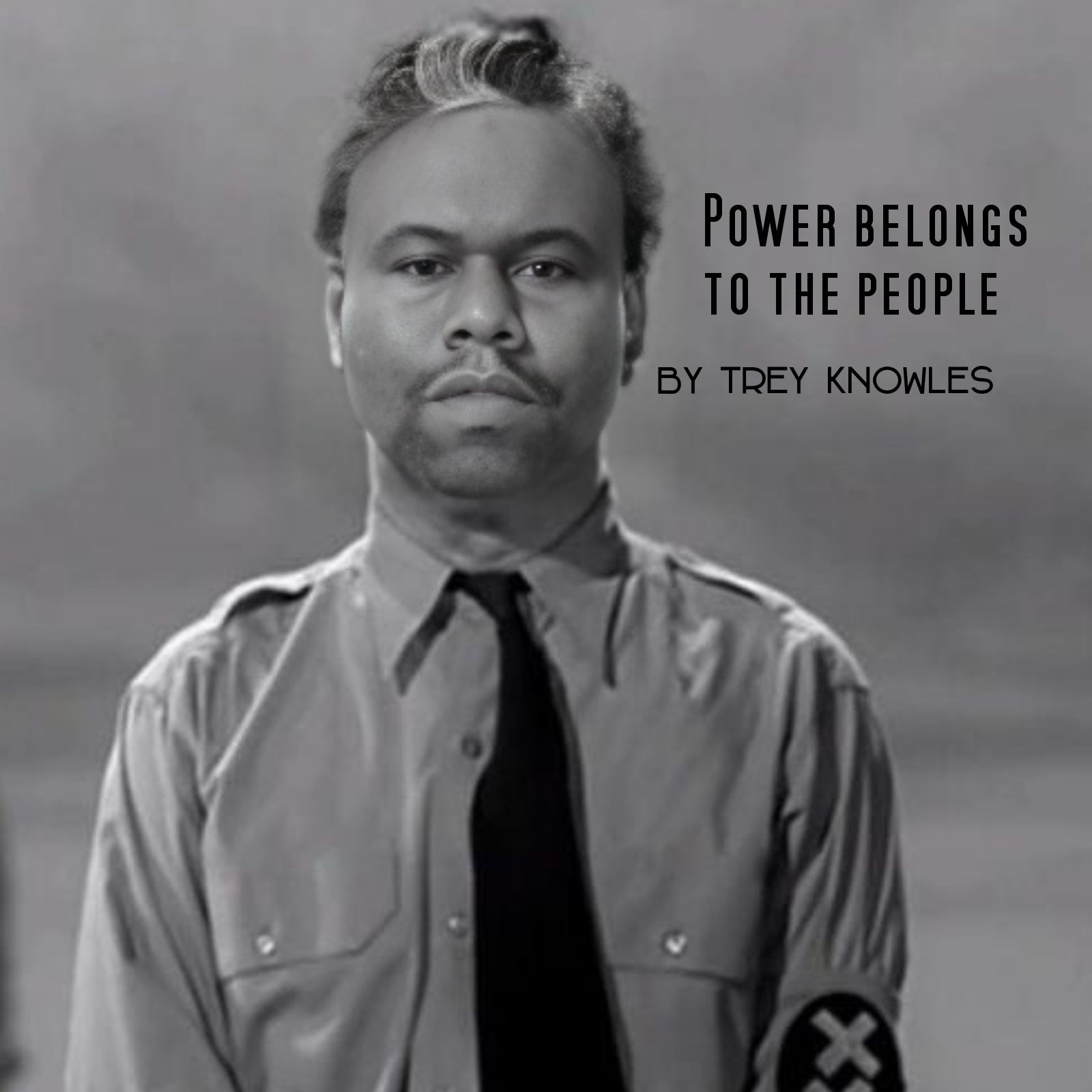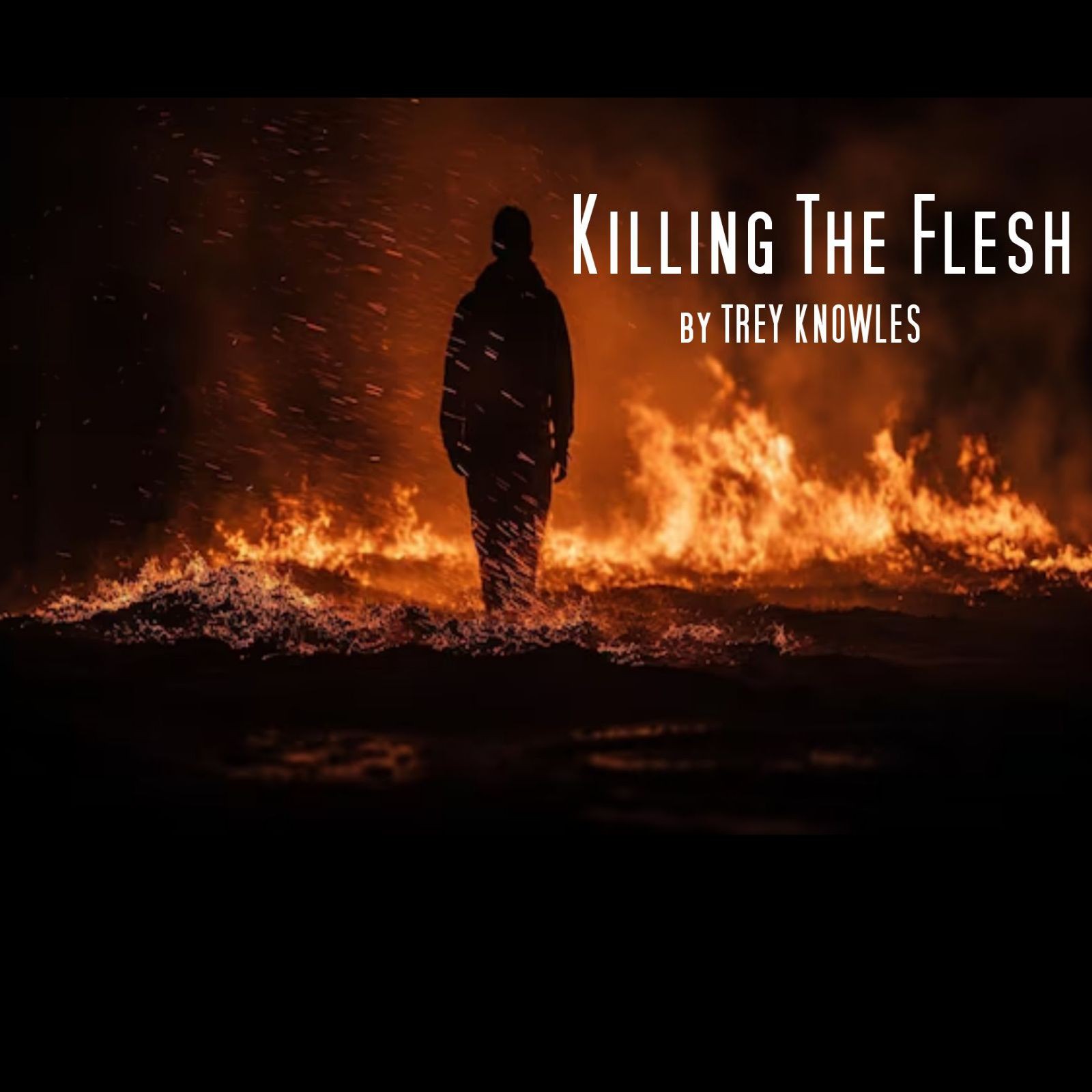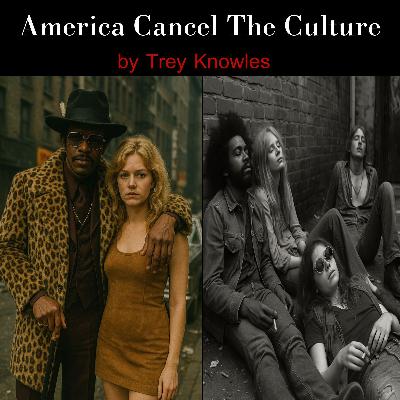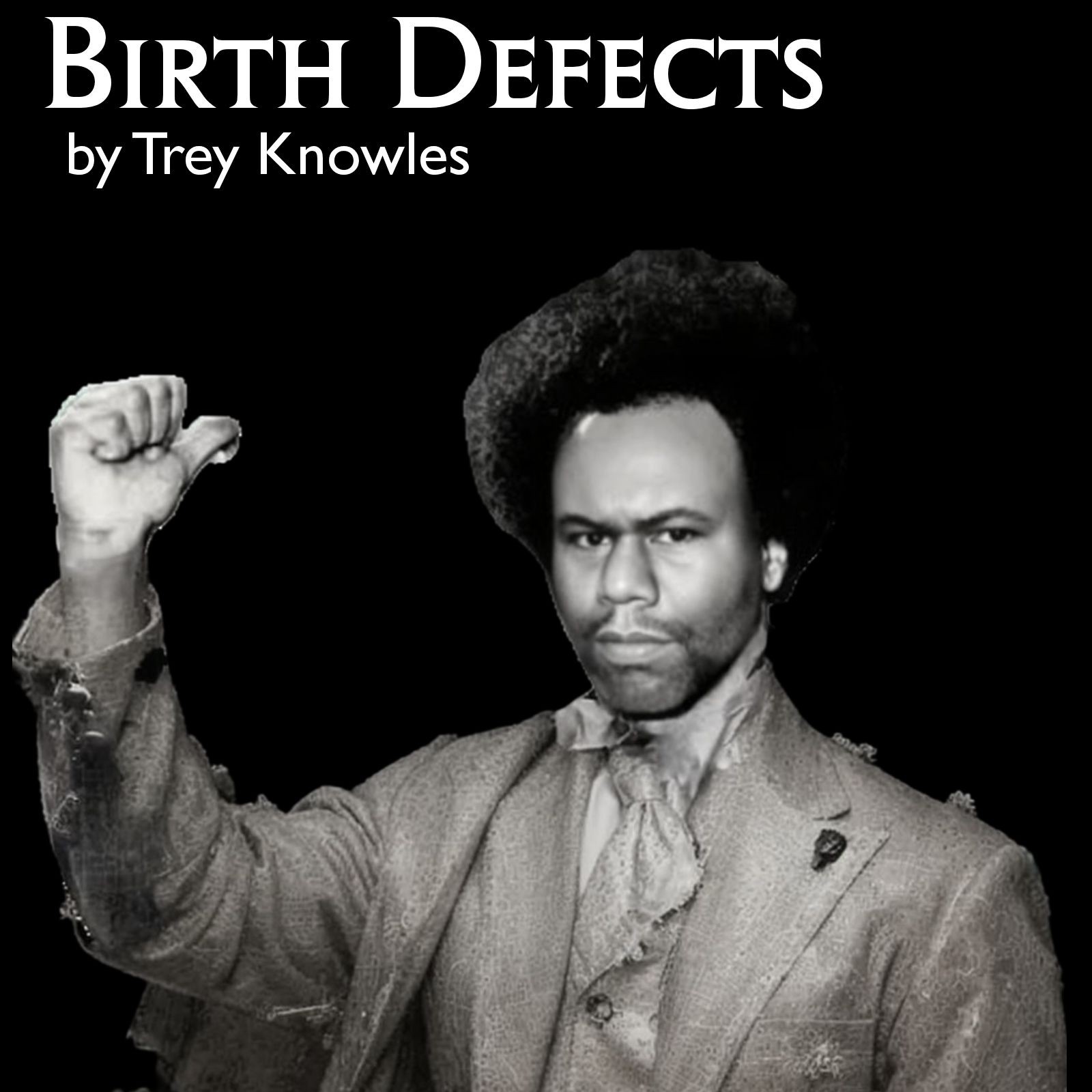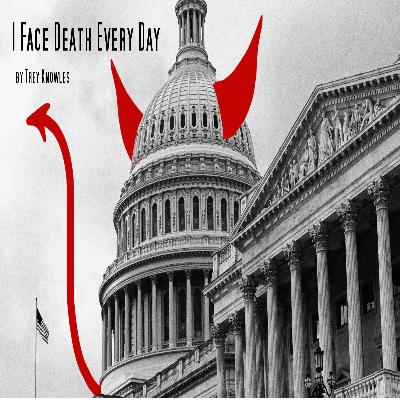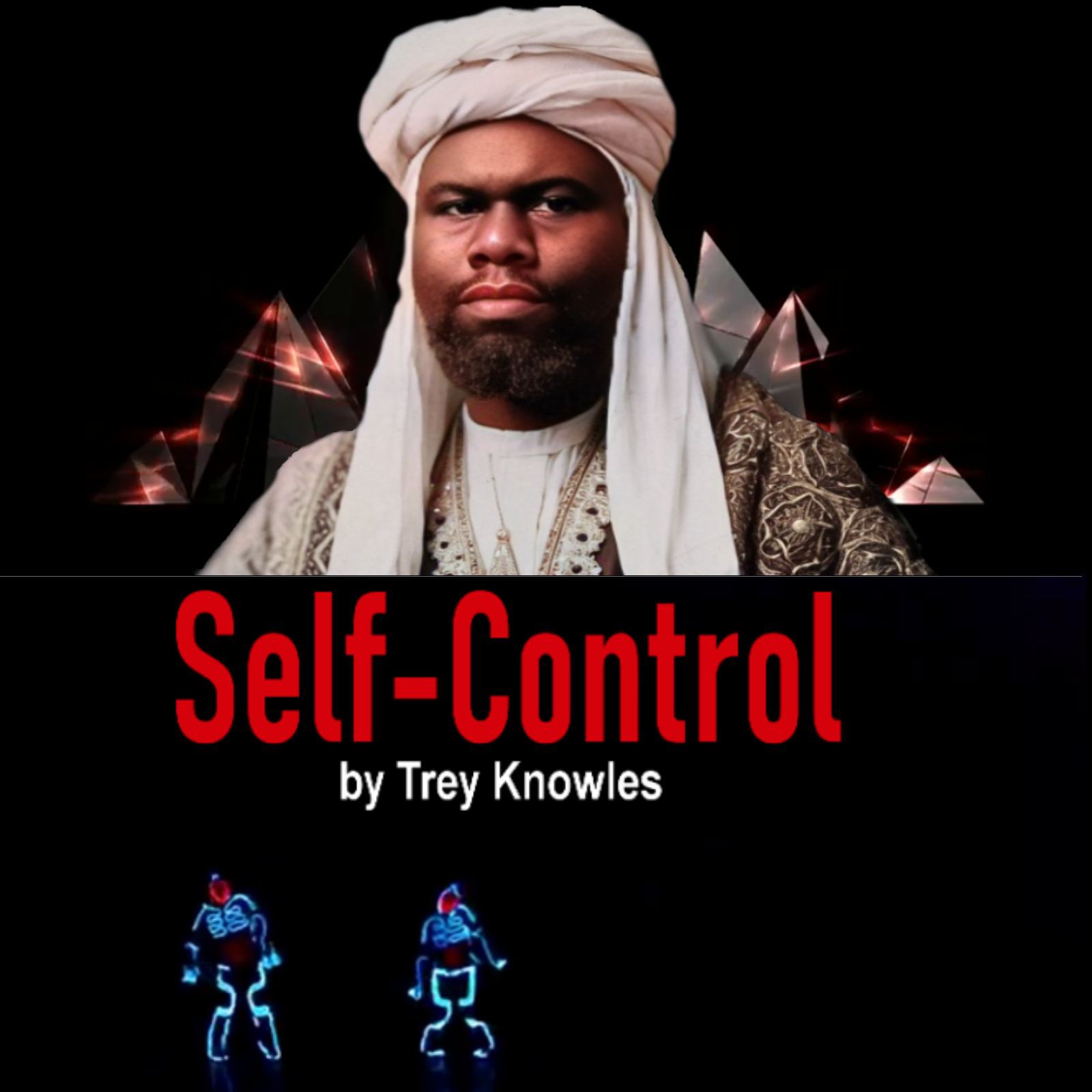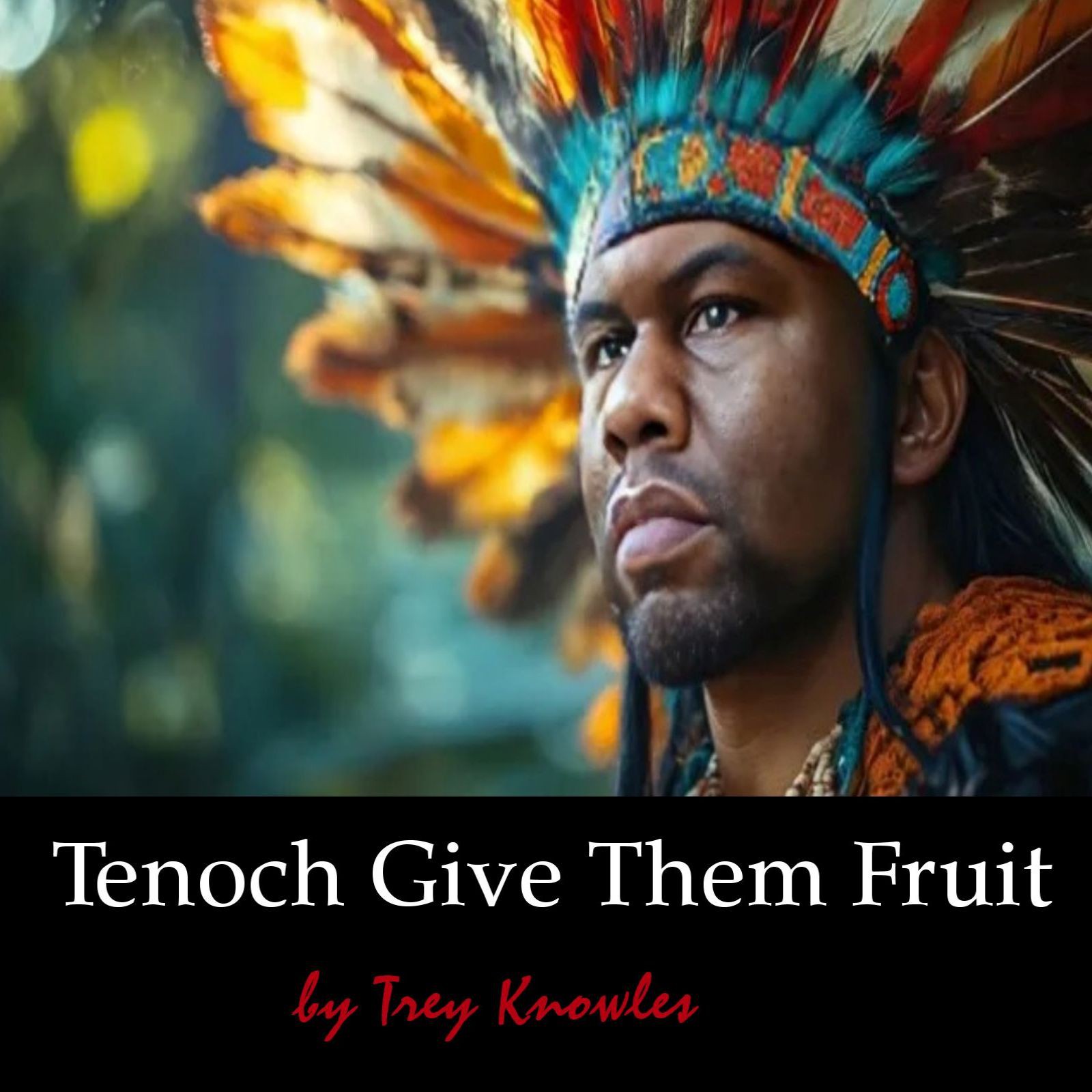Discover Trey Knowles Music
Trey Knowles Music

Trey Knowles Music
Author: Trey Knowles
Subscribed: 0Played: 0Subscribe
Share
© Copyright 2025 by Trey Knowles
Description
Trey Knowles is a dynamic music artist whose work often reflects themes of faith, personal growth, and societal commentary. His music spans genres like hip-hop and Spoken word, delivering powerful messages through his lyrics.
77 Episodes
Reverse
Trey Knowles' “You” delivers a raw and honest message, calling out the hypocrisy of the Pharisees. The song challenges listeners to examine whether their faith is genuine or just empty works—reminding us that without love, everything amounts to nothing.
Trey Knowles' song "Hear Me Now", inspired by Isaiah 1, delivers a powerful warning to America, portraying the nation as rebellious against God. It calls for national repentance and a return to justice and righteousness, warning of destruction if the people continue in corruption and sin. The message urges moral restoration and obedience to avoid divine judgment.
Trey Knowles' "Feel My Ruach" is a powerful reflection on both past and present struggles. It's a cry to feel the spirit—the ruach—of pain, hardship, and perseverance. As we climb Jacob's ladder, striving toward God's promise, we often face resistance from the enemy who seeks to strike our heel and rob us of our blessings. But Jesus understands our suffering—He too was attacked by the forces of the antichrist, which still work today to torment God's people. From colonization and slavery to physical and mental abuse, we have been stripped of our identity in God. Yet, we continue to rise, climbing the ladder, resisting evil. We are the product of Christ and the trials He endured on earth. Through our ruach, we no longer wrestle—we rest in Christ, trusting Him to fight our battles. We are the tribe of Jacob. We are Israel. And through our ruach, God prevails.
Trey Knowles' “I Am Innocent” is a prophetic song—a real-time witness to a world blinded by hate. Just as Yeshua was hated and killed without cause, the innocent today are targeted by the children of darkness. But the truth is clear: those who take the life of their brother reveal they belong to the evil one. We are like sheep among wolves, destined for the slaughter. Yet we do not fear. We are called to be wise as serpents and gentle as doves—never answering evil with evil, but walking in the Spirit and loving even our enemies.
"My Troubles" by Trey Knowles reflects on a life once burdened by sin and struggle, now transformed through faith. The song portrays a powerful journey from darkness to light, death to new life, and brokenness to redemption. It celebrates the rebirth and renewal found in Jesus Christ for all who believe.
Trey Knowles' song “Shadows of Death” delivers a powerful warning to those living in spiritual darkness, symbolized as “eating off the table of the beast.” The song urges listeners to fear no evil, repent, and return to God's presence. It calls people to step away from a counterfeit way of life—one rooted in ungodly desires, materialism, and worldly values—and to reject the influence of the “shadows of death,” which represents a life opposed to God.
Trey Knowles' "Jesus is the King" is a powerful anthem of assurance, declaring that Jesus is our loving King. It celebrates our identity as princes and princesses in His kingdom, reminding us that we are no longer slaves but heirs to His glory.
Trey Knowles' song "Arabic to English" examines the transformation of Jesus' image and message—asking how a man of Semitic origin came to be reimagined as part of a modern English cultural and ancestral identity.
Trey Knowles' "Nature of the Threat" is a powerful song that reveals who accepted the devil's offer of power and domination. The lyrics echo the biblical moment when Satan took Jesus to a high place and offered Him all the kingdoms of the world in exchange for worship. Jesus rejected the offer, saying, “Away from me, Satan! For it is written: ‘Worship the Lord your God, and serve Him only.'”
The song challenges the listener: How do you respond when faced with that same temptation? Do you answer like Jesus, or do you submit?
According to the narrative, the "European Red Man" accepted the devil's offer—choosing power, conquest, and worldly glory over righteousness. By saying “yes,” he embraced the devil's ways to gain control over the world, illustrating a path of greed and spiritual compromise.
Trey Knowles' "Crush His Head": Crushes the stumbling block of the enemy. The enemy is trying to strike our heel and knock us off the course of God, the life that God has given us. Crush the enemy's head and depend on God. Defeat the enemy from striking your heel and making life difficult for you. Live free in Christ Jesus by obedience. You are your own Adam and Eve. Now crush the enemy's head and live by obedience to God.
Trey Knowles' “Power Belongs to the People” is a hopeful anthem that calls out the wrongdoings of tyrants and urges unity among people. The song encourages listeners not to fight politicians out of anger, but to stand up for the poor and the vulnerable, showing that together, we have the power to create a better world.
Trey Knowles' “Killing the Flesh” is a powerful song about resisting the temptations of the flesh by living in the Spirit. It emphasizes the life-changing power of following Jesus Christ, who gives victory over sin and death. Through Him, the pull of the flesh has no control, and spiritual life prevails.
In "A Woman is Free," Trey Knowles emphasizes that God gave women free will, and no man—especially one who is not her husband—has the right to control her. Since God is above man, a woman should not be forced to cover her head or face if she chooses not to.
Trey Knowles' "America Cancel the Culture" is a powerful song that exposes the toxic elements of American culture and how they have harmed Black, Brown, and White communities—along with the broader global society. The lyrics portray America as a destructive force, a "beast" that manipulates and exploits minorities, causing deep psychological damage to countless lives around the world.
Trey Knowles' “Birth Defects” explores how the enemy disrupts your path, striking at your foundation and placing obstacles meant to drain the life out of you. The song draws a powerful metaphor, showing that when people are abused, mistreated, or pushed out of their natural state of being, it causes deep emotional and psychological damage—likened to taking a wild animal from its natural habitat and forcing it into an unfamiliar, hostile environment.
Trey Knowles' “I Face Death Every Day” is a powerful reflection on the dangers and delusions of modern life. It challenges us to examine what we consume—both mentally and physically—what we pursue, and why we willingly risk our well-being. Living under the spell of a corrupt system, the song questions whether this path aligns with any divine purpose.
Trey Knowles' song “Self-Control” reflects on the transformative experience of being born again and made new in Christ. It emphasizes the power of praising and thanking God for the gift of self-control, which empowers believers to reject ungodliness and live a renewed life through Christ.
Trey Knowles' “Tenoch, Give Them Fruit.” The most feared Indigenous Aztec warrior returns from the Aztec pyramids to encourage people to stand against their oppressors. Tenoch's experience brings hope, your ancestors died the same way the enemy came and stole, killed, and oppressed the people of America. But you have the power. This song is in Spanish and English. “Tenoch Dales Fruto” de Trey Knowles. El guerrero indígena azteca más temido regresa de las pirámides aztecas para animar a la gente a plantar cara a su opresor. La experiencia de Tenoch trae esperanza: tus antepasados murieron de la misma manera que el enemigo llegó y robó, mató y oprimió al pueblo de América. Pero tú tienes el poder. Esta canción está en español e inglés.
Trey Knowles’ song "Only Want to See the Good" expresses a desire to focus on the positive aspects of life while escaping negativity and overwhelming bad news..
Trey Knowles' song Islam Get the Sword explores themes of submission to God, obedience, and righteousness. The lyrics emphasize faith, referencing biblical figures like Abraham and Jesus, and encourage rejecting ungodliness while embracing spiritual discipline. The song metaphorically uses the "sword" to represent the power of God's word, which is described as sharper than any double-edged blade


